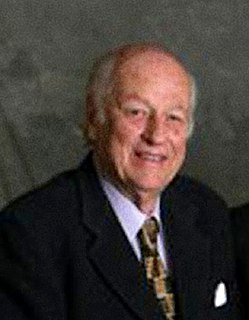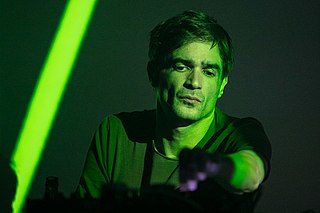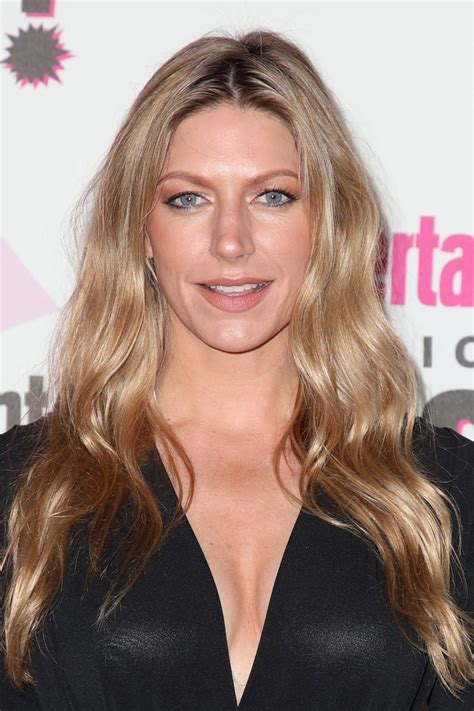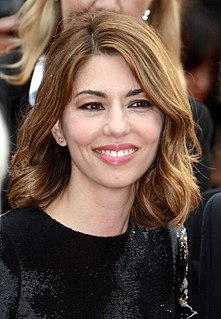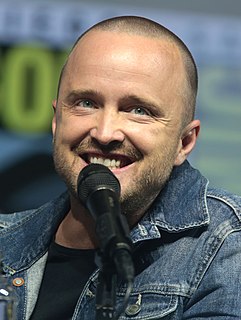A Quote by Ray Harryhausen
The whole point of making a film is to tell a story.
Related Quotes
I don't ask my students to have studied film or any education in general. What I ask them is to come and sit and tell me a story, and the way they choose it and tell it, for me, the best criteria for whether they are right for making films. There's nothing more important than being able to tell your story orally.
When I make film music, I'm a filmmaker first and foremost. It's about serving the needs of the film. You're telling a story; in a way, you stop becoming a composer and become a storyteller instead. You tell the story with the most appropriate themes. How you approach these things is a very personal matter, but your goal is to tell the story first.
Memoirists, unlike fiction writers, do not really want to 'tell a story.' They want to tell it all - the all of personal experience, of consciousness itself. That includes a story, but also the whole expanding universe of sensation and thought ... Memoirists wish to tell their mind. Not their story.
I like traveling and I like not being part of the film world. Especially when you're in the middle of a junket, you're thinking, "I'm not doing this again for four years!"That's about taking time and finding the right story and being in a happy place in life where you can joyfully tell a story. I'm not really into the fame side of things, so I'm very happy with making a film every four years or so.
It wasn't long after I began writing Star Wars that I realized the story was more than a single film could hold. As the saga of the Skywalkers and Jedi Knights unfolded, I began to see it as a tale that could take at least nine films to tell - three trilogies - and I realized, in making my way through the back story and after story, that I was really setting out to make the middle story.
